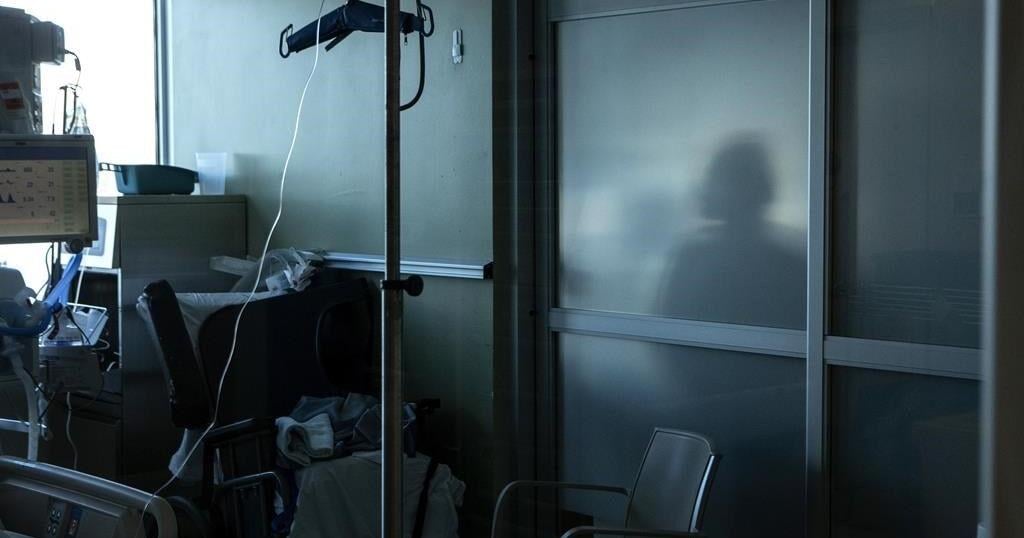A coroner’s inquest jury looking into the death of an Ontario First Nations woman has begun deliberating its findings and recommendations after hearing closing arguments in the case Thursday.
Ruthann Quequish died on April 1, 2017 from ketoacidosis, a complication associated with diabetes, at her home in Kingfisher Lake First Nation after going to the community nursing station several times in the days and hours before her death.
In examining the circumstances of the case, a five-person jury is expected to determine the manner of the 31-year-old’s death and any appropriate recommendations.
Lawyers for Quequish’s family, the Shibogama First Nations Council and Kingfisher Lake First Nation argued the woman’s death should be ruled a homicide because she died as a result of untreated diabetes in an under-serviced community.
The various lawyers representing health-care workers, including community doctors and nurses who treated Quequish, on the other hand, argued that it was a natural death because ketoacidosis is a known complication of diabetes.
The jury heard closing arguments Thursday after 12 days of witness testimonies that chronicled a “second-tier” health-care system in the remote northwestern Ontario community.
The inquest has heard that without in-person access to a doctor, Kingfisher Lake residents rely on nursing stations – health-care outposts that lack point-of-care diabetes testing and other resources.
The jury also heard about overworked doctors and nurses, exemplified in the testimony of Dr. Usne Josiah Butt who said that visiting doctors will see a “month’s worth of patients in three days.”
Inquest counsel Carolyn Leach suggested34 recommendations to the jury to improve the quality of health care in Kingfisher Lake First Nation, which were endorsed by all parties. They include a single electronic medical record for each patient so that nurses and doctors who work in different locations can see each other’s notes on a shared chart.
On the first day of the inquest, presiding coroner Dr. Michael Wilson said the purpose of the proceeding is not to assign blame for Quequish’s death, but to learn from the past in order to forge “a better future.”
This report by The Canadian Press was first published Aug. 15, 2024.

























